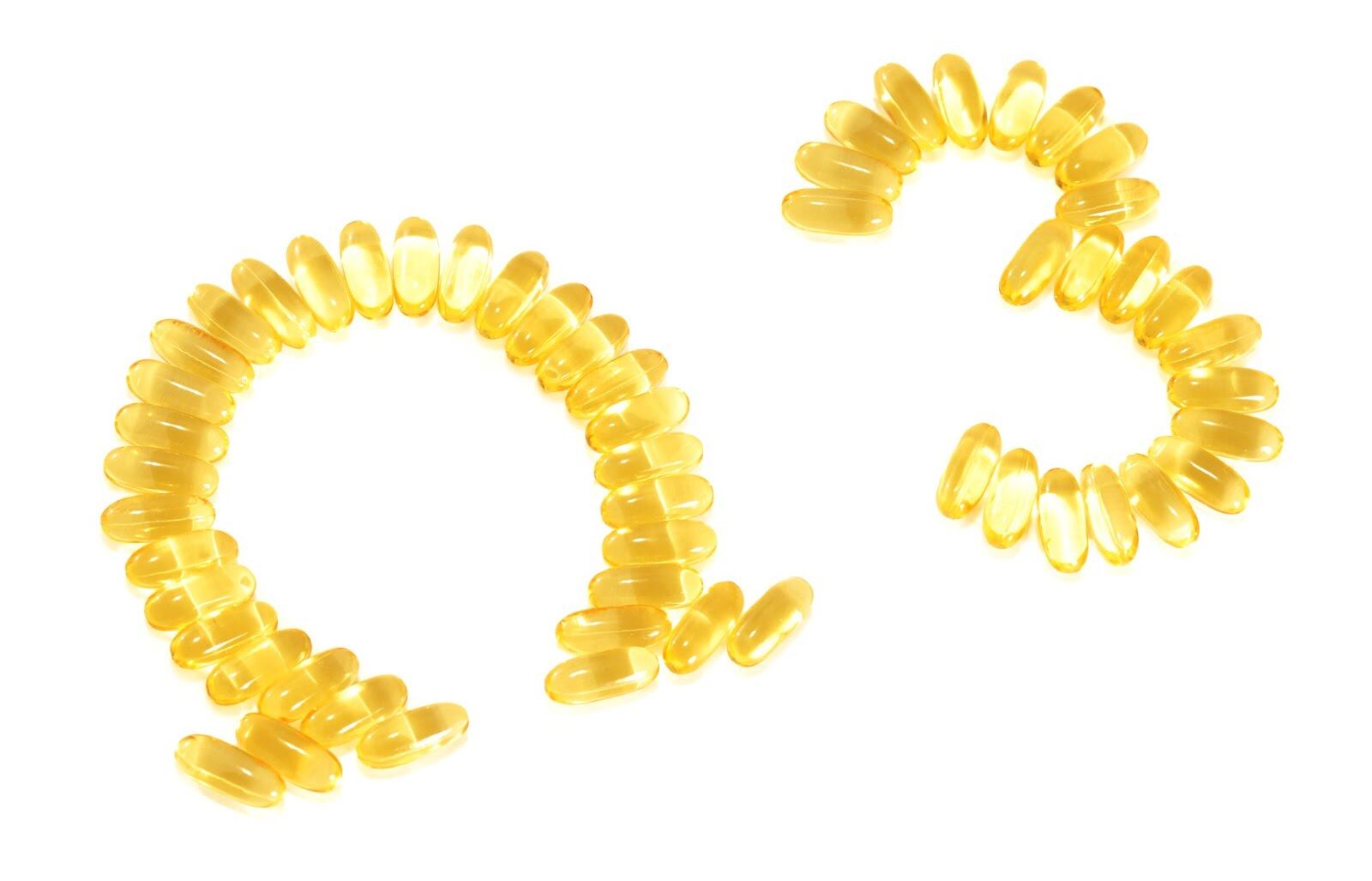Writing in Clinical Nutrition, the team behind the trial noted that the idea of ‘immunonutrition’ describes the use of enteral feeding with the intention that the additional nutrients in such formulas will provide modulation of immune functions to people with specific illnesses or with the need for increased immune functions while in a medical environment.
“From all the elements conforming these immunonutrition formulas, omega-3 fatty acids are hypothesised to be the most important component for immunomodulation, with increased anti-inflammatory and antioxidant effect,” said the team – led by Jaime Ruiz-Tovar from the University Hospital Rey Juan Carlos in Madrid.
Data from the randomised-controlled clinical trial showed that the use of a nutritional supplement enriched with omega-3 fatty acids was significantly associated with greater pre-operative weight loss, reduced post-operative pain and decreased post-operative levels of C reactive protein – which is a classic biomarker of acute inflammation.
The Spanish team added that results also showed that people given the omega-3 enriched formula had greater post-operative weight loss – but noted that the results for this outcome were not statistically significant.
RCT data
Ruiz-Tovar and colleagues randomly assigned 40 patients undergoing laparoscopic Roux-en-Y gastric to receive either a standard preoperative balanced energy high-protein formula (control - Fresubin Protein Energy Drink) or an identical high-protein formula enriched with 0.5 grams of EPA and 0.21 grams of DHA (experimental – Supportan).
The nutritional intervention started 10 days before surgery and was maintained up to 8 hours before the surgical act. In both groups, there was a restriction to 900 Kcal/day, said the team.
They noted that average pre-operative weight loss in the control group was 10.6, and 14.1 in the group given omega-3 enriched formula.
Meanwhile, average post-operative pain scores were reported at 25 in the control group and 10.9 the omega-3 group – while levels of C reactive protein (CRP) determined 24 h after surgery was significantly lower in the omega-3 group than the control group.
“The use of a nutritional supplement enriched with omega-3 fatty acids is associated with a greater preoperative weight loss, reduced postoperative pain and decreased postoperative levels of C reactive protein,” concluded the team.
Source: Clinical Nutrition
Published online ahead of print, doi: 10.1016/j.clnu.2018.07.026
“Preoperative administration of Omega-3 fatty acids on postoperative pain and acute-phase reactants in patients undergoing Roux-en-Y gastric bypass: A randomized clinical trial”
Authors: Jaime Ruiz-Tovar, et al

